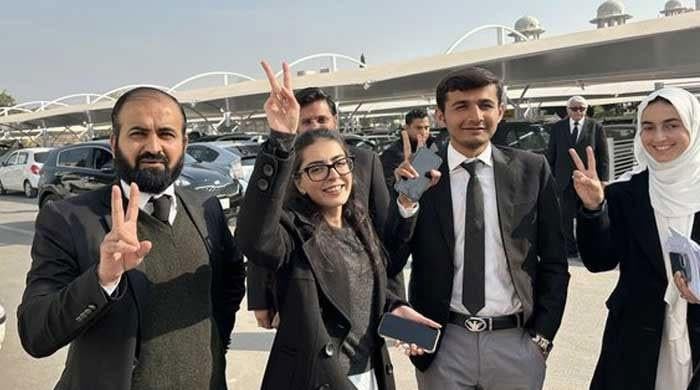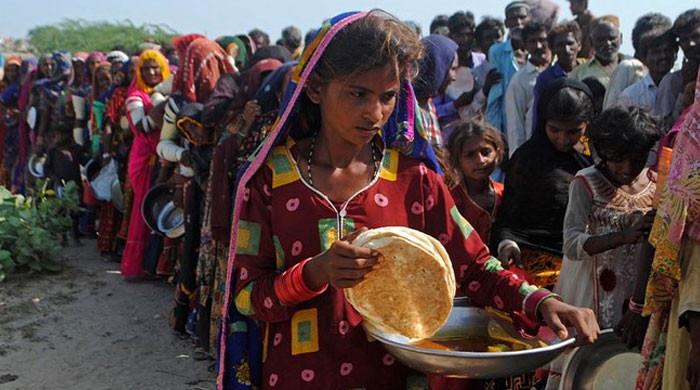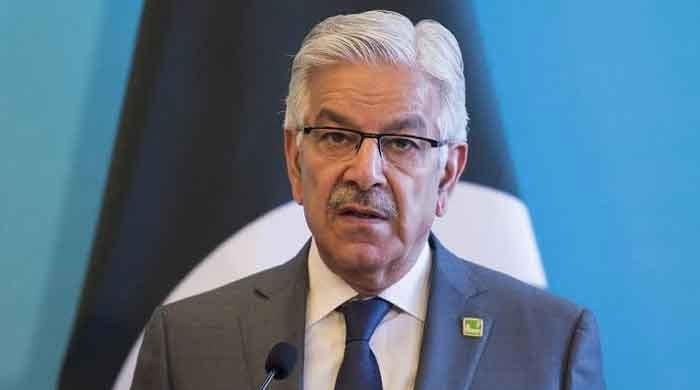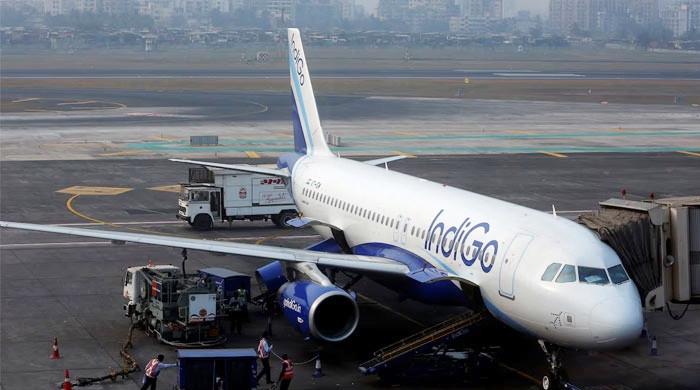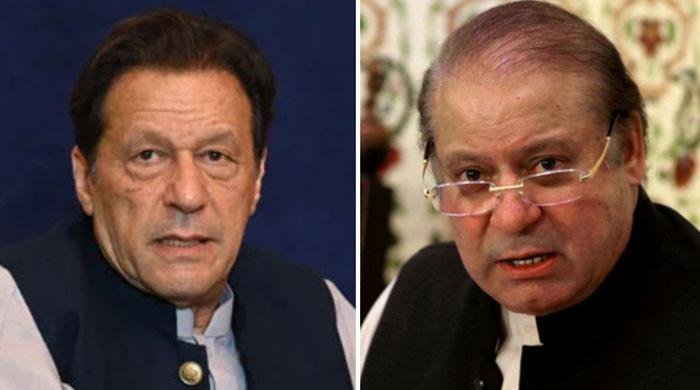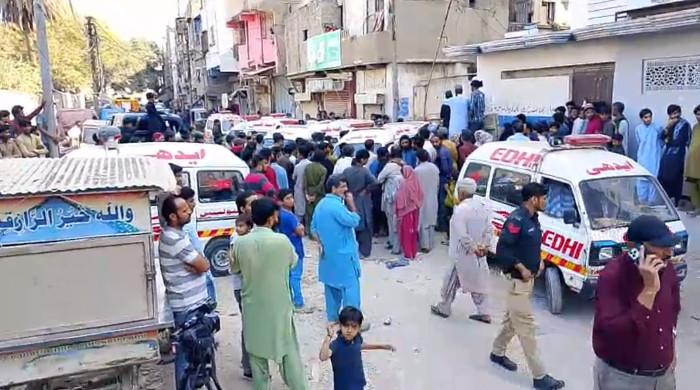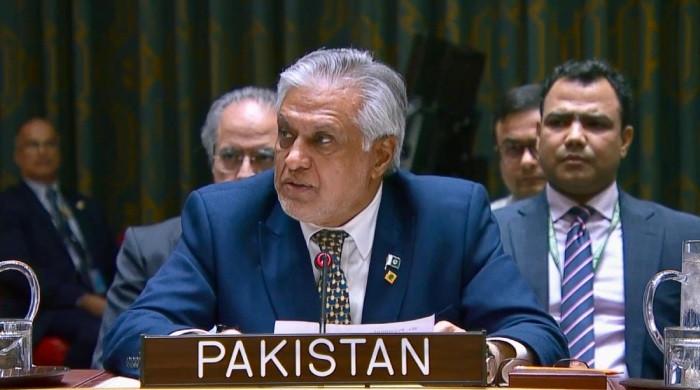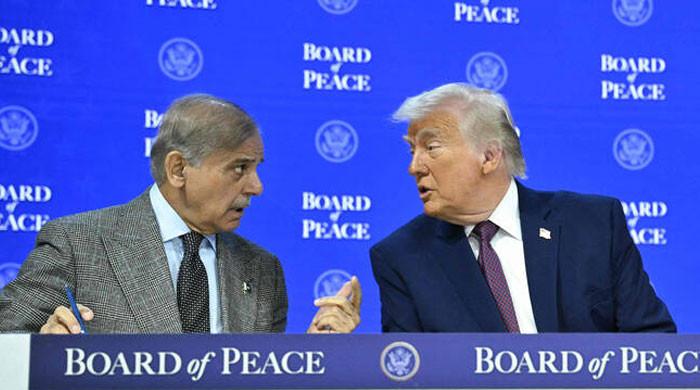Pakistan needs to get tough on smuggled vehicles
The business of illegal vehicles continues so fearlessly that such traders have opened showrooms in Quetta and other parts of Balochistan
February 16, 2019
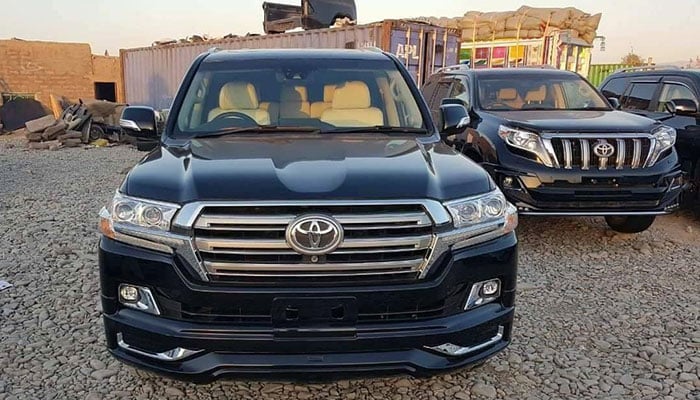
The newly-elected government has issued strict directives to crack down on the smuggling of non-duty paid vehicles and contraband items. Yet, they still flow in with ease from the Chaman crossing on the Pakistan-Afghanistan border.
Hundreds of such deals are struck every month between customers in Pakistan and Afghan traders across the border. The vehicles are then sneaked into the country and sold at below market prices without payment of duty or customs. State officials say the illegal market causes billions of rupees in loss to the national exchequer annually.
Markets near the Wesh-Chaman border crossing are overflowing with neatly lined four-wheelers. The most sought-after and in-demand include the Toyota Land Cruiser, a must-have during election season for political campaigners, the Toyota Corolla SSR-X, and sports bikes. Retailers also advise serious customers on how to avoid the police and taxation departments if caught on the road.
In the same vicinity, one can find shops which provide forged documents for a few bucks.
Locally, the smuggled vehicles are called, "Kabuli", indicating that they come from Kabul in Afghanistan. But in fact the used vehicles are purchased by Pakistani and Afghan businessmen from the duty-free port of Dubai at throw-away prices.
In the 1990s, Pakistan banned the transit of luxury items which were imported by Afghanistan, such as air conditioners. As a result, trade between the two countries trickled down. To fill the vacuum, there was an uptick in smuggled items across the porous border.
The business of illegal vehicles continues so fearlessly that such traders have now opened showrooms in Quetta and other parts of Balochistan. In fact, in parts of the province it would be difficult to find a customs-paid vehicle.
By one official estimate, there are over 50,000 Kabuli vehicles plying on Quetta's roads. What makes this trade even more complicated and dangerous is when such vehicles are found to be used in criminal and terrorist activities.
Some of these vehicles are brought straight from Chaman to Quetta for an additional Rs50,000 and shown to prospective buyers.
An insider tells Geo.tv that once a deal is struck, the buyer hands over Rs100 to the seller, after which he is expected to bring the vehicle to the owner's desired location. There he must produce the Rs100 again. It is then that the full amount of the vehicles is paid. This is done in order to avoid security checks and suspicions.
A senior customs official in Quetta revealed, on the condition of anonymity, that there must be another 30,000 smuggled vehicles driven in the rest of the country. "We impounded 1,298 vehicles without papers last year and 313 vehicles this year to date in Quetta alone."
He further adds that it is not easy to go after smugglers, who usually have high-level connections. "There have been cases when we arrested a man, but the police released him after receiving one phone call."
The past governments have also offered owners opportunities to legalise such vehicles by paying the assessed duty and taxes without fine. But few stepped forward.
For now, the Balochistan government has formed a joint anti-smuggling committee. It includes members of the Frontier Corps (FC), coast guards, local administration and police to shut down the illegal business once and for all.




